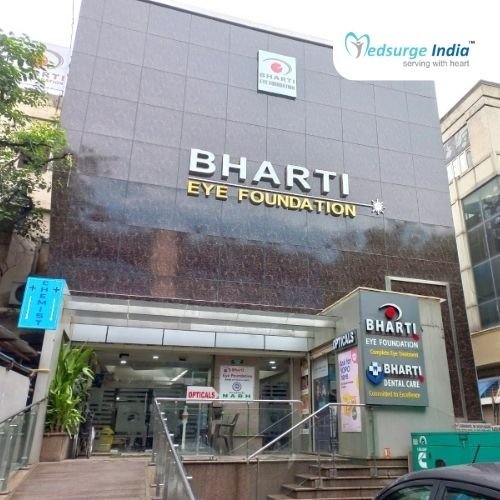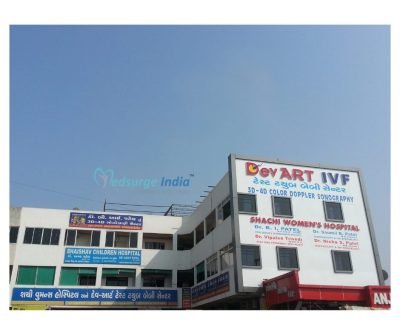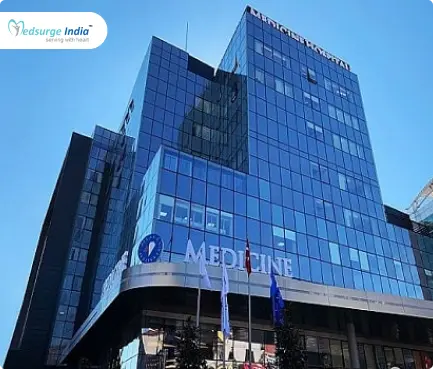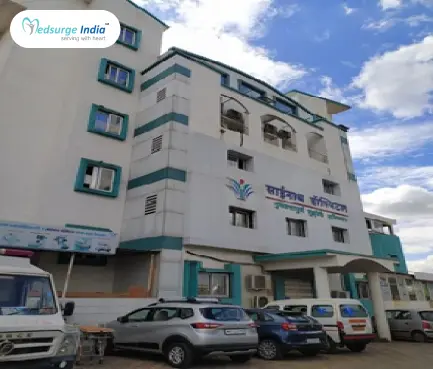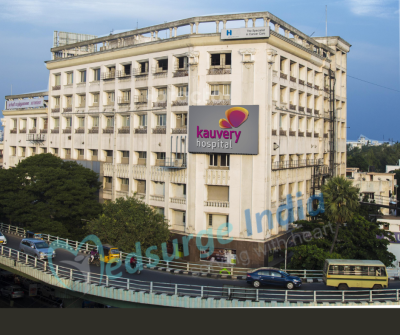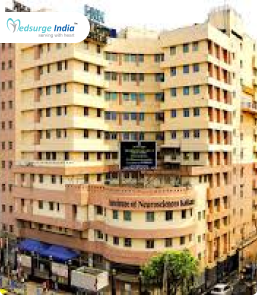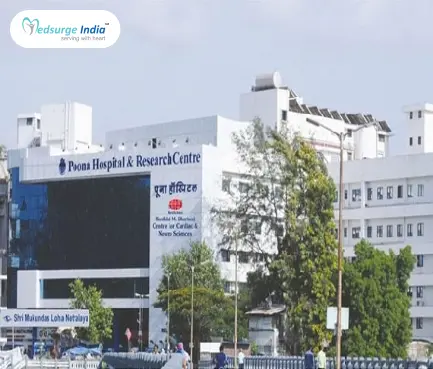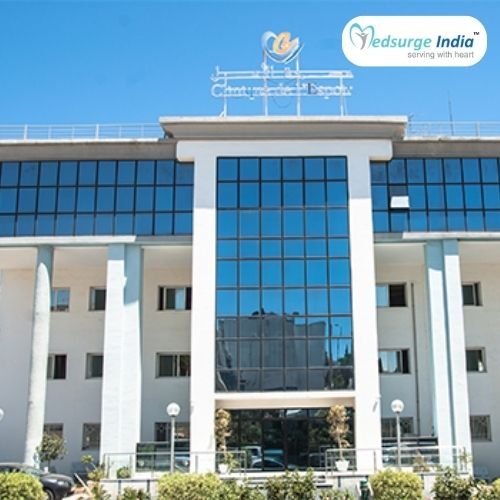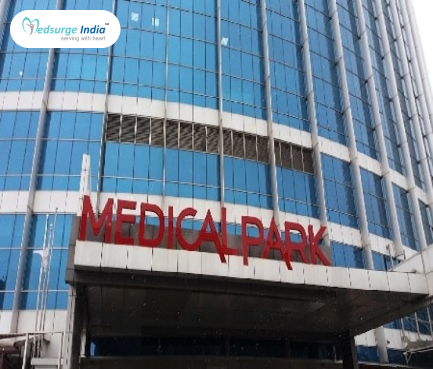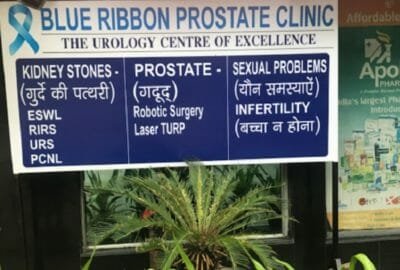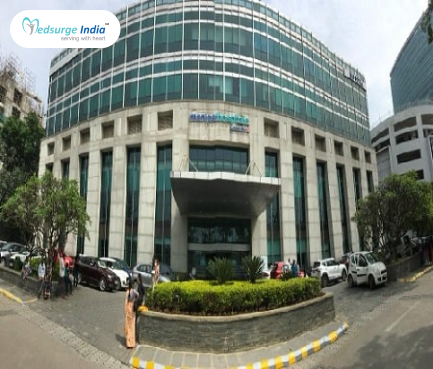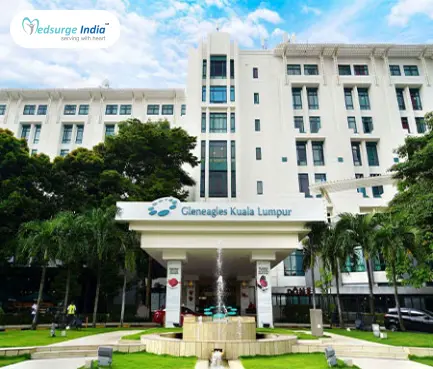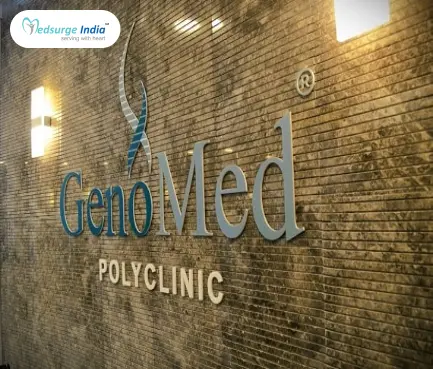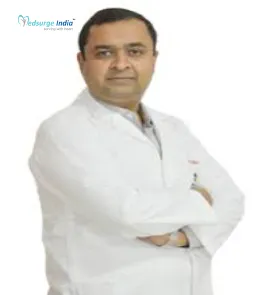
Vulvar cancer, also known as vulval cancer, is a cancer that affects the vulva, the exterior genital organs that protect a woman’s reproductive system. It is a relatively rare type of cancer. Vulvar carcinoma is a rare disease. However, because it is cancer, it is really serious. It can have an impact on a woman’s sexual function. It can make the sexual process difficult and painful. Vulvar cancer has a good cure rate if detected early, and treatment choices are less invasive.
Vulvar cancer is most commonly found on the inner or outer vaginal lips, however it can occur anywhere in the vulva.
Vulvar cancer normally develops over a long period of time. Precancerous lesions appear first and are identified as abnormal cell development in the skin’s outer layer. Vulvar intraepithelial neoplasia is the name given to these precancerous lesions (VIN).
What is Vulva?
A woman’s external genitalia includes the vulva. It comprises the area surrounding your vaginal opening and the vulva of a woman consists of the following:
- The vaginal opening: It is the tube-like tract that comes out from the uterus.
- The labia: There are two groups of skin folds that resemble lips. The fleshy set on the outside is the labia majora. The minor labia are smaller and situated inside them.
- Clitoris: Where the labia minora meet under a hood of skin, there is a sensitive knob of tissue called a clitoris.
- Mons Pubis: The soft mound in front of their pubic bones that becomes covered with hair throughout puberty is known as the mons pubis.
- The perineum: It is the area of skin between the vulva and the anus.
Vulvar Cancer Treatment Cost in India
Vulvar Cancer Treatment Cost in India starts from INR 3,58,000 (4,300 USD). India is a nation with some of the world’s best doctors and surgeons and has some of the best hospitals in the world. The nation not only provides affordable treatment but also have some of the best success rate of treatment as compared with top hospitals in the world. Also, the cost will also depend on the type of treatment you will have.
Factors That Can Affect Vulvar Cancer Treatment Cost in India
Following are some of the factors that may affect Vulvar Cancer Treatment Cost in India:
- Depending on what kind of therapy your doctor recommends for your disease, the cost of treatment will change.
- The cost of the hospital and the rooms you select will vary based on the institution’s policies.
- Knowledge and expertise of the doctor in the field.
- Duration and stay in the nation and hospitalization.
- If additional post-operative care is required.
Medsurge India offers the best package for Vulvar Cancer Treatment cost in India at an affordable price for international patients coming to India under the supervision of the most trained doctors. Also, you can click here for the medical visa process.
Types of Vulvar Cancer
Primary vulvar cancer is a type of cancer that starts in the vulva. Secondary vulvar cancer occurs when cancer begins in another part of the body and then spreads to the vulva.
Vulvar cancer exists in a range of types:
Squamous Cell Carcinoma: It Affects the skin’s flat, outer layers. Squamous refers to flat cells that resemble fish scales in medicine. Squamous cell carcinomas account for over 90% of all vulvar malignancies. It takes a long time for visible symptoms to appear.
Vulvar Melanoma: It is responsible for around 5% of all vulvar malignancies. Melanoma appears as a dark patch of discoloration on the skin. This type of cancer has a significant risk of spreading to other parts of the body, which is known as metastasis. It is possible that it will harm more younger females.
Adenocarcinoma: Adenocarcinoma cancer originates in glandular tissue, and the cells in this case line the vulva’s glands. It only accounts for a small percentage of vulvar malignancies.
Sarcoma: A rare type of cancer that begins in the connective tissue. The majority of tumors of this category are cancerous.
Verrucous Carcinoma: It’s a form of squamous cell carcinoma that manifests itself as a slow-growing wart.
The prognosis is usually favorable if the cancer is detected early on, before it spreads, and if the lady receives timely and proper treatment of vulvar cancer.
What Are the Symptoms of Vulvar Cancer?
A lump or ulcer, potentially with itching, discomfort, or bleeding, is frequently the initial sign.
Because of humiliation, a woman may not seek medical care right once, yet an early diagnosis will increase her chances.
Signs and Symptoms of Vulvar Cancer include:
- The color of your vulva will be changed
- Unusual lumps or growths that are red, pink, or white in color and feel rough or thick in texture
- Alteration in the appearance of a mole
- Your vulva’s skin appears thickened
- An open wound
- Itching that doesn’t seem to be going away
- Pain, or a burning sensation
- When you urinate, you get unusual vaginal bleeding or pain
- Painful Sexual intercourse
- Tenderness in the vulvar area
Symptoms vary depending on the type of vulvar cancer, and in some situations, no symptoms are evident. Any alterations should be checked out by a medical professional.
What Are the Causes of Vulvar Cancer?
Vulvar cancer is most common in women aged 65 to 75. It can, however, affect women as young as 40 years old. Genital warts, a sexually transmitted condition caused by the human papillomavirus, may be linked to vulvar cancer (HPV).
The causes of vulvar cancer are unknown. However, there are some factors that can increase your chances of receiving it. These are some of them:
- Age, women over the age of 70 accounts for more than half of the instances
- Unusual Pap tests in the past
- AIDS (Human Immunodeficiency Virus)
- HPV
- Melanoma or odd moles
- Melanoma tends to run in families
- Vulvar intraepithelial neoplasia is a precancerous disorder (VIN). These are alterations in cells or tissue that can occur years before a cancer diagnosis.
- Cancer of the uterus or the cervix
- Lichen sclerosis is a disease that causes vulvar skin to become thin and irritated
- Smoking, especially if you had HPV.
Having systemic lupus erythematosus, generally known as SLE or lupus, receiving psoriasis, or having radiotherapy for womb cancer are all risk factors.
Helpful –
Best Oncologist in India
Get Free Cost Estimation
Procedure
How Diagnosis is Done?
Your healthcare professional will first enquire about your health, including current and previous illnesses, medical conditions, treatments, and disease history in your family. You’ll also have a physical checkup to assess your overall health. Other exams and tests include the following:
The following tests and methods are used to diagnose vulvar cancer:
- Medical History
- A Pelvic Examination
- Colposcopy
- Biopsy
- X-Ray, CT, and PET scan
- MRIs
- Lymph node Biopsy
- Intravenous Pyelogram
What Are the Treatments For Vulvar Cancer?
Surgery, chemotherapy, radiation therapy, and biologic therapy are the most common treatments for vulvar cancer.
Treatment is determined by a variety of factors, including the type of cancer, the extent to which it has spread, and your overall health. The following are the four main treatments:
1. Surgery:
This is the most widely used treatment. One of the following methods may be used by your doctor:
- Laser Surgery
- Excision
- Skinning Vulvectomy
- Radical Vulvectomy
- Pelvic Exenteration
2. Radiation Therapy
3. Chemotherapy
4. Biological Therapy
Your doctor may recommend periodic follow-up exams once you’ve finished vulvar cancer treatment to check for cancer recurrence. Vulvar cancer can recur even after good therapy. Your doctor will select the best follow-up exam schedule for you, but for the first two years after vulvar cancer treatment, doctors often prescribe exams two to four times each year.
Suggestions
The earlier a cancer is detected and treated, the more likely it is to have a favorable long-term outcome. You have a significant impact on your own health. Get to know every aspect of your body, including your own genital area. Knowing how you look “down there” now can make it easier to spot changes. Make an appointment to see your healthcare professional if you notice any changes.
The Most Important Frequently Asked Questions
Q: What Does a Vulvar Cyst Look Like?
A: Bartholin cysts appear as spherical pimples under the skin on the vaginal lips (labia). They are frequently painless. If you get an infection, your skin may turn red, painful, and swollen. Some Bartholin cysts appear to be filled with pus or liquid.
Q: What Does It Mean When Your Vigina Starts to Itch and Swell?
A: Swelling, burning, and irritation of the entire vaginal area, including the labia, can be caused by yeast overgrowth, with Candida being the most prevalent culprit. Antibiotic use, pregnancy, diabetes, and oral contraceptive use can all contribute to this overgrowth.
Q: Why Do I Feel Uncomfortable Down There?
A: Inflammation of the vaginal tract can be caused by an infection or a disturbance in the natural balance of vaginal yeast and bacteria (vaginitis). Vaginal discharge, odour, itching, and soreness are all symptoms. Bacterial vaginosis, yeast infections, and trichomoniasis are all common kinds of vaginitis. Relaxation of the pelvic floor.
Q: How Painful Is a Vulvar Biopsy?
A: Your skin will be injected with a local anaesthetic by a nurse. This will sting for a short time, but the region will shortly go numb. This means there should be no discomfort or agony during the process.
Q: How Long Does It Take to Recover from Vulvar Surgery?
A: You should give yourself at least 6 to 8 weeks to recover. However, keep in mind that some women take longer to heal than others. You aren’t doing anything wrong if it takes a long time. Some folks simply heal faster than others.
Top Hospitals for Vulvar Cancer Treatment in India
Top Doctors for Oncology and Oncosurgery
Dr. Sabeena K. Choudhary
Consultant
Experience: 7 years of experience
Millennium Cancer Center, Gurgaon
Gurgaon, India
Dr. Ritesh Pruthy
Principal Consultant
Experience: 16 years of experience
Max Superspecialty Hospital, Mohali
Mohali, India
Dr. Vinod Raina
Director
Experience: 39 years of experience
Fortis Memorial Research Institute Gurgaon
Gurgaon, India
Dr Saadvik Raghuram
Senior Consultant
Experience: 8 Years
Medicover Hospital, Hitec City
Hyderabad, India
Dr. Anshul Kumar Bhatnagar
Senior Consultant
Experience: 14 years of experience
Batra Hospital & Medical Research Centre, New Delhi
New Delhi, India
Dr. Nalini Rao
Senior Consultant
Experience: 40 years of experience
HCG Bangalore Institute of Oncology Speciality Centre
Bangalore, India
Dr. Bharat Dua
Consultant
Experience: 11 years of experience
Venkateshwar Hospital, New Delhi
New Delhi, India
Dr. Suman S Karanth
Medical Oncology & Hematology
Experience: 7 Years Experience
Fortis Memorial Research Institute, Gurugram
Gurgaon, India
Dr. Sumant Gupta
Director
Experience: 17 years of experience
Metro Hospital and Heart Institute, Faridabad
Faridabad, India
Dr. Rajeev Vijayakumar
Consultant
Experience: 10 years of experience
BGS Gleneagles Global Hospitals, Bangalore
Bangalore, India
Dr. S K Bala
Consultant
Experience: 10 years of experience
HCG EKO Cancer Centre, Kolkata
Kolkata, India

